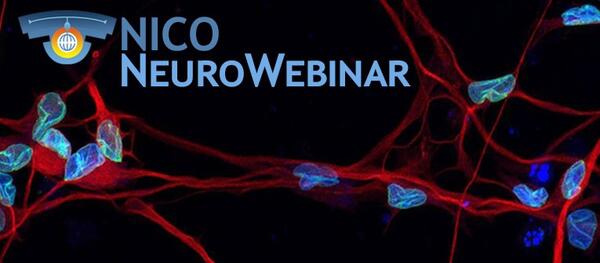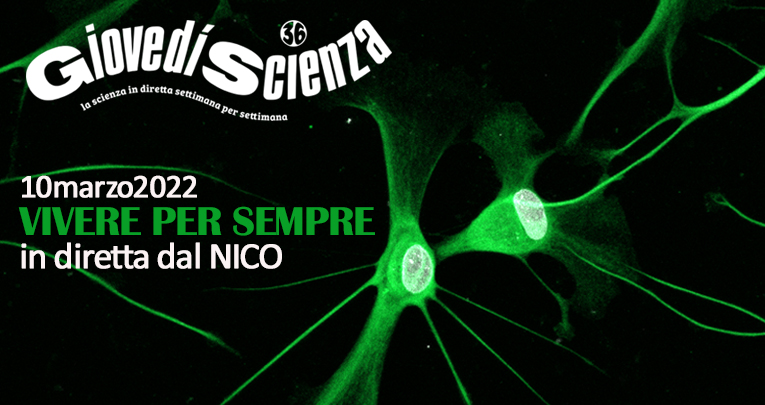Wednesday, April 10th - h 12:00 a.m.
Seminars Room, NICO
Mehrnaz JAFARIAN-TEHRANI, Université de Paris Descartes
Group leader of «CNS injury & Remyelination»
Team «Myelination et Nervous System Pathologies»
Alpha-secretase ADAM10: a therapeutic target for remyelination after CNS demyelination
Remyelination is an endogenous regenerative process of myelin repair in the central nervous system (CNS) with limited efficacy in demyelinating disorders. As strategies enhancing endogenous remyelination become a therapeutic challenge, we have focused our study on α-secretase-induced sAPPα release, a soluble endogenous protein with neuroprotective and neurotrophic properties. However, the role of sAPPα in remyelination is not known.
Therefore, we investigated the remyelination potential of α-secretase-induced sAPPα release following CNS demyelination in mice. Acute demyelination was induced by feeding mice with cuprizone (CPZ) for 5 weeks. To test the protective effect and the remyelination potential of etazolate, an α-secretase activator, we designed two treatment protocols. Etazolate was administrated either during the last two weeks or at the end of the CPZ intoxication. In both protocols, etazolate restored the number of myelinated axons in corpus callosum with a corresponding increase in the amount of MBP, one of the major myelin proteins in the brain. We also performed ex vivo studies to decipher etazolate's mechanism of action in a lysolecithin-induced demyelination model using organotypic culture of cerebellar slices.
Etazolate treatment was able to i) enhance the release of sAPPα in the culture media of demyelinated slices, ii) protect myelinated axons from demyelination, iii) increase the number of mature oligodendrocytes, iv) promote the reappearance of the paired Caspr+ adjacent to the nodes of Ranvier and v) increase the percentage of myelinated axons with short internodes, an indicator of remyelination. Etazolate failed to promote all the aforementioned effects in the presence of GI254023X, an α-secretase ADAM10 inhibitor.
Moreover, the protective effects of etazolate in demyelinated slices were mimicked by sAPPα treatment in a dose-dependent manner.
In conclusion, etazolate-induced sAPPα release protects myelinated axons from demyelination while also promoting remyelination. This work, thus, highlights the therapeutic potential of strategies that enhance sAPPα release in demyelinating disorders. (see Llufriu-Dabén et al., 2018 Neurobiol. Dis)
Host: Annalisa Buffo
Agenda
Area Ricercatori
Guarda il video
GiovedìScienza racconta la ricerca al NICO
Vivere per sempre.
Una popolazione sempre più longeva, i suoi problemi e le risposte della ricerca
Hai perso la diretta? Guarda ora il video di GiovedìScienza al NICO: una puntata in diretta dai nostri laboratori dedicata alla ricerca sull'invecchiamento.










